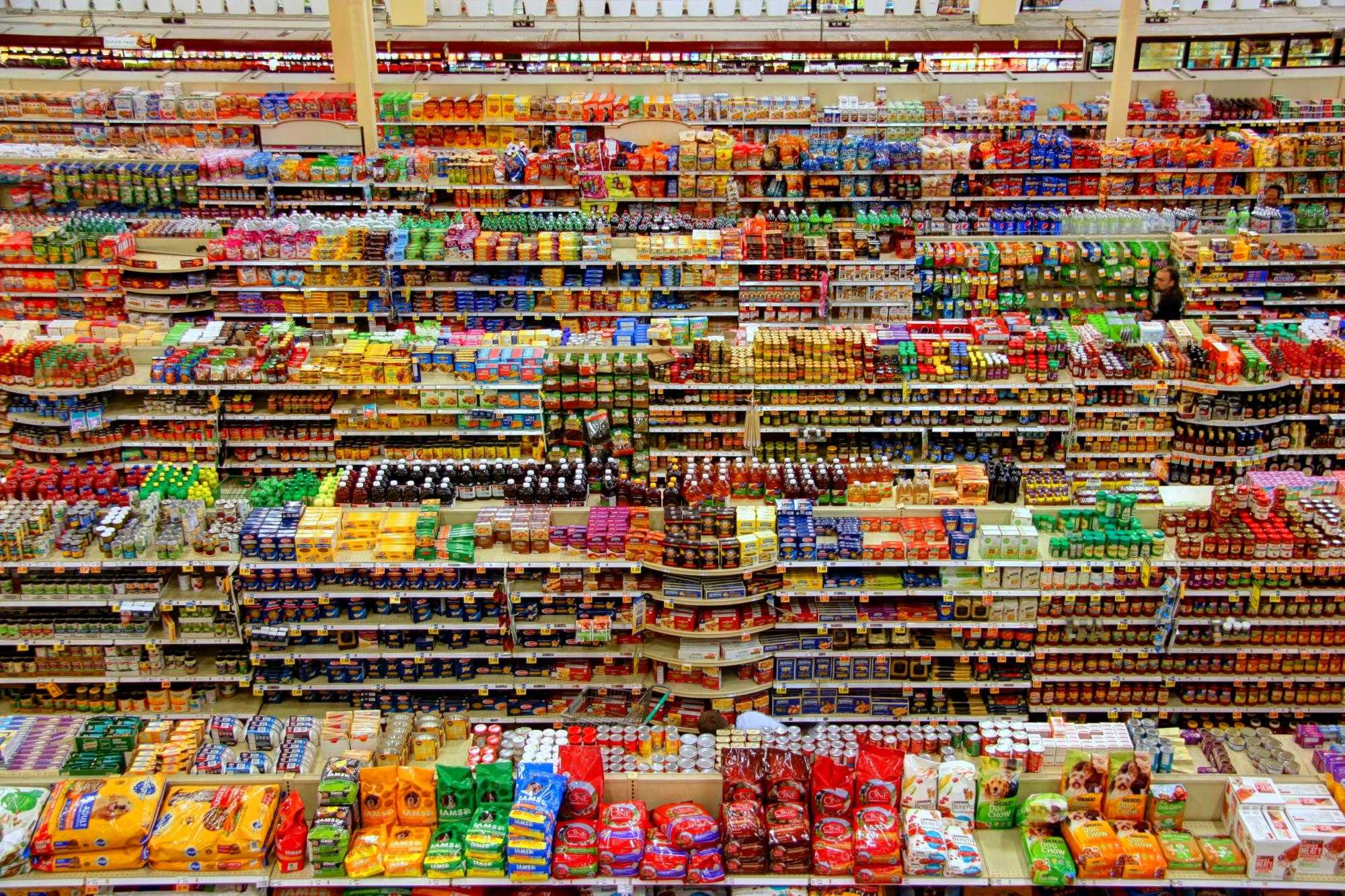Test- FTSE 100 Kicks Off August on a High as BP and Senior Lead Market Momentum
$11
10 Oct 2025, 13:13

Unsplash.com

The leading consumer goods manufacturers in the globe, who produce everything from instant noodles to soap and ice cream, are paying less for their energy and raw materials, but it could take some time before consumers notice a noticeable decrease in the price tags on their home items.
Over the past two years, rising costs for everything from sunflower oil to milk and grain have severely impacted the packaged products industry, forcing businesses to raise prices and contributing to a cost-of-living crisis in many regions of the world.
Cost inflation increased as a result of the COVID-19 epidemic and was made worse by Russia's invasion of Ukraine, which last year caused energy prices to reach all-time highs. But since then, energy prices have decreased, and certain commodities' worldwide prices are increasing more slowly.
Despite the fact that increases in the cost of goods have slowed and are projected to continue to decrease, businesses like Nestle, Reckitt Benckiser, and Danone raised their prices for their products considerably in the first quarter.
According to Reckitt's finance director Jeff Carr, cost of goods inflation would be "significantly" lower this year compared to the previous - the business is anticipating a range of 5% to 9% vs 18%.
While compensation expenses have gone up, according to Carr, commodities are a "mixed bag" and freight prices have decreased. While sales volumes dropped 4.5% in the first quarter, price/mix increased by 12.4%.
Uncertainty surrounds the timing of businesses' potential introduction of cost savings to consumers. In light of starting price declines for commodities including wheat, vegetable oils, goods and energy, Associated British Foods stated on Tuesday that it is unlikely to see many further price hikes in the second half of this year.
Unilever was one of the businesses that admitted in February that the market had passed "peak inflation, but not yet past peak pricing."
Since then, some companies have raised prices by almost record amounts. For example, beverage king Coca-Cola Co reported an 11% increase in average selling prices during the first quarter, while competitor PepsiCo Inc. reported a 16% increase.
It will take some time for those ingredients to appear on grocery shelves since many in the business purchased them well in advance when costs were higher.
The European Central Bank is worried that if food inflation continues to rise, it would have a significant effect on consumers' perceptions of inflation, thereby altering consumer spending patterns, driving up wage demands, and affecting interest rates.
(investing.com, reuters.com)